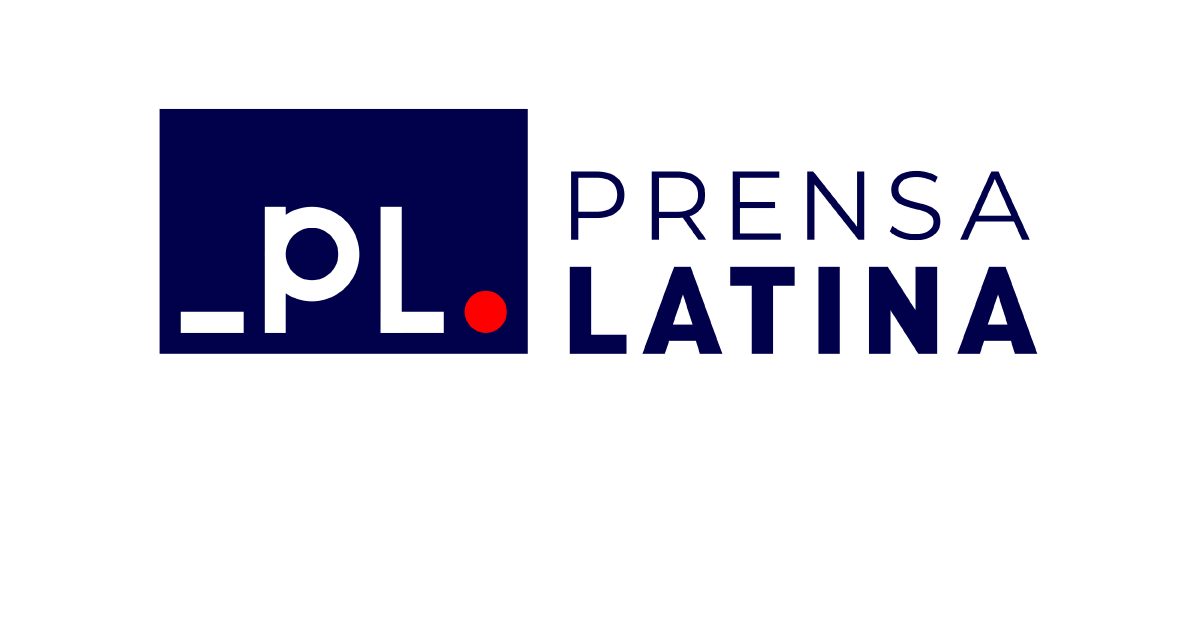According to the Minister of Economy and Finance, Héctor Alexander, the initiative encourages citizen participation and is presented on its website through a document with basic information and in clear and understandable language for all people.
The open budget is a simplified version of the general government budget, and its release marks a milestone in executive branch commitments, he added.
As the official told the press, the intention is to offer pedagogy on how this instrument, the most important instrument of public order, is worked out, what are the sources of income and how the resources are spent.
“The open budget also aims to make citizens feel identified through involvement in its structuring and the quality of its execution,” he noted.
According to the Director of the National Authority for Transparency and Access to Information (Antai), Elsa Fernández, public accounts are the basis for accountability, therefore opening the budget is crucial to increase trust and preserve the institutional framework , which guarantees access to information, social peace and thus better governance.
“This commitment is required by the open budget methodology for the international alliance,” he recalled.
On the subject, the Executive Director of the Foundation for the Development of Civil Liberties – Panamanian Chapter of Transparency International, Olga de Obaldía, told the newspaper La Estrella de Panamá that the initiative is part of the vision of contemporary financial management, and that the main goal is for Panama to be part of the Open government partnership
For his part, the regional coordinator of the Alliance for Open Government, José García, took the view that fiscal openness is the mother of transparency. It is an anti-corruption tool that builds trust in public procurement, as well as oversight of budget execution by the legislative and executive branches.
Last March, Minister Alexander admitted that Panama is accelerating action to get out of the Financial Action Task Force (FATF) gray lists that question the transparency of these systems.
In a meeting with the media, when asked by Prensa Latina about the so-called “face-to-face” program with the public and private sectors to review policies and fight money laundering before June this year, the official pointed out that this and other initiatives are trying to make an impact.
He specified that the measures taken to get out of the lists are those where the measures need to be deepened and one of them, he said, is the information system linked to the final beneficiaries of the companies.
The executive says eight of the 15 required measures are being worked on and recognizes seven are still missing, including beneficiary records, legislative reforms and in-depth investigations into financial crimes, among others.
On the same subject, the then president of the Panama Chamber of Commerce, Industry and Agriculture, José Ramón Icaza, told the media that the open budget model, in which the state commits to improvements through the MEF, should be changed transparency of information and accountability.
It is a problem for all actors around the regulatory framework and the strategy focuses on improving the country’s image; Therefore, it is vitally important to offer regular reports to the diplomatic corps and all Panamanian missions abroad.
By 2023, he added, enabling citizen participation in the preparation and scrutiny of budget execution is crucial.
According to Icaza, Panamanians have the duty to pay taxes, but also the right to require the executive branch to honor commitments made to provide the Isthmus with open government.
mem/ga

